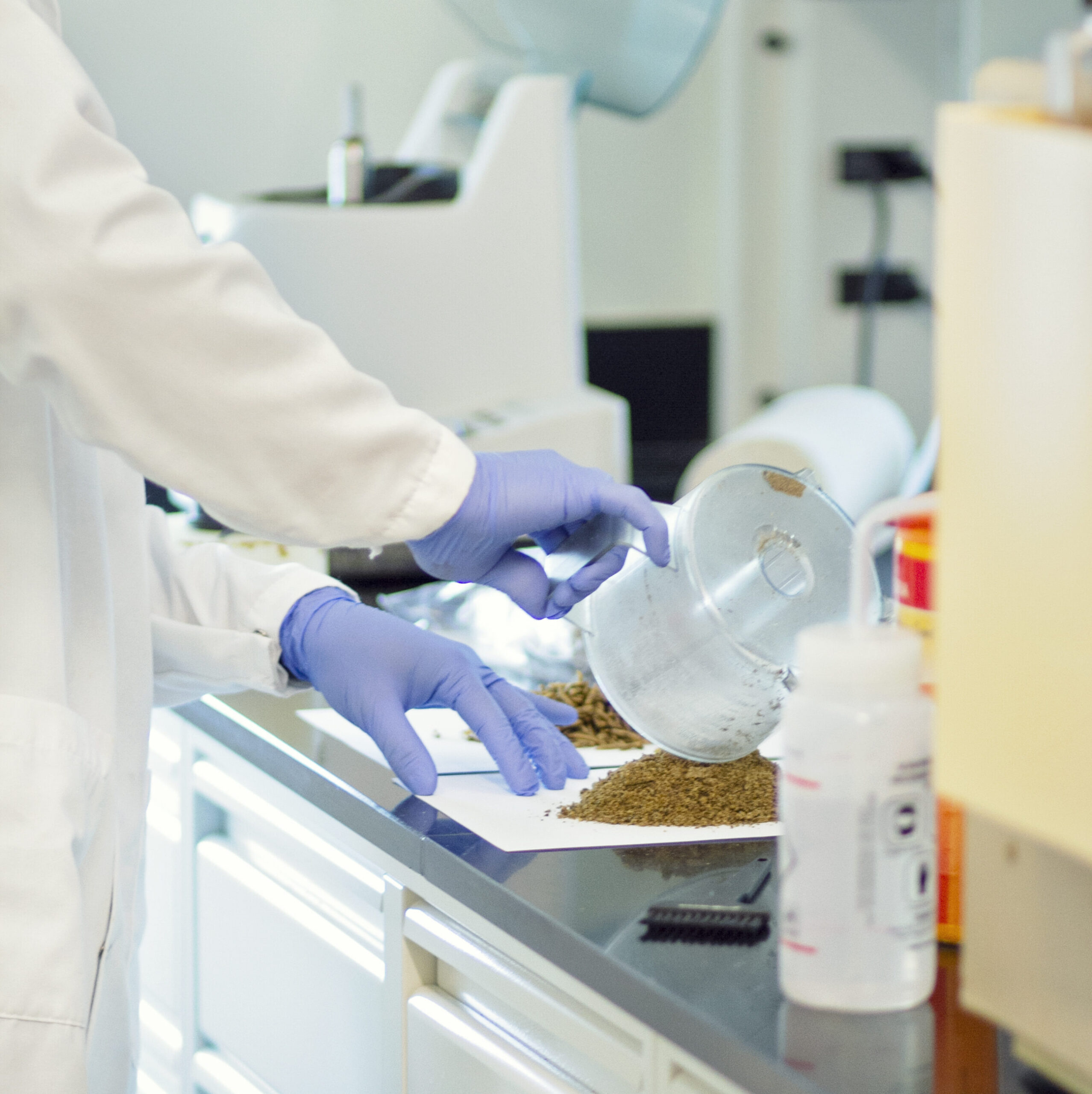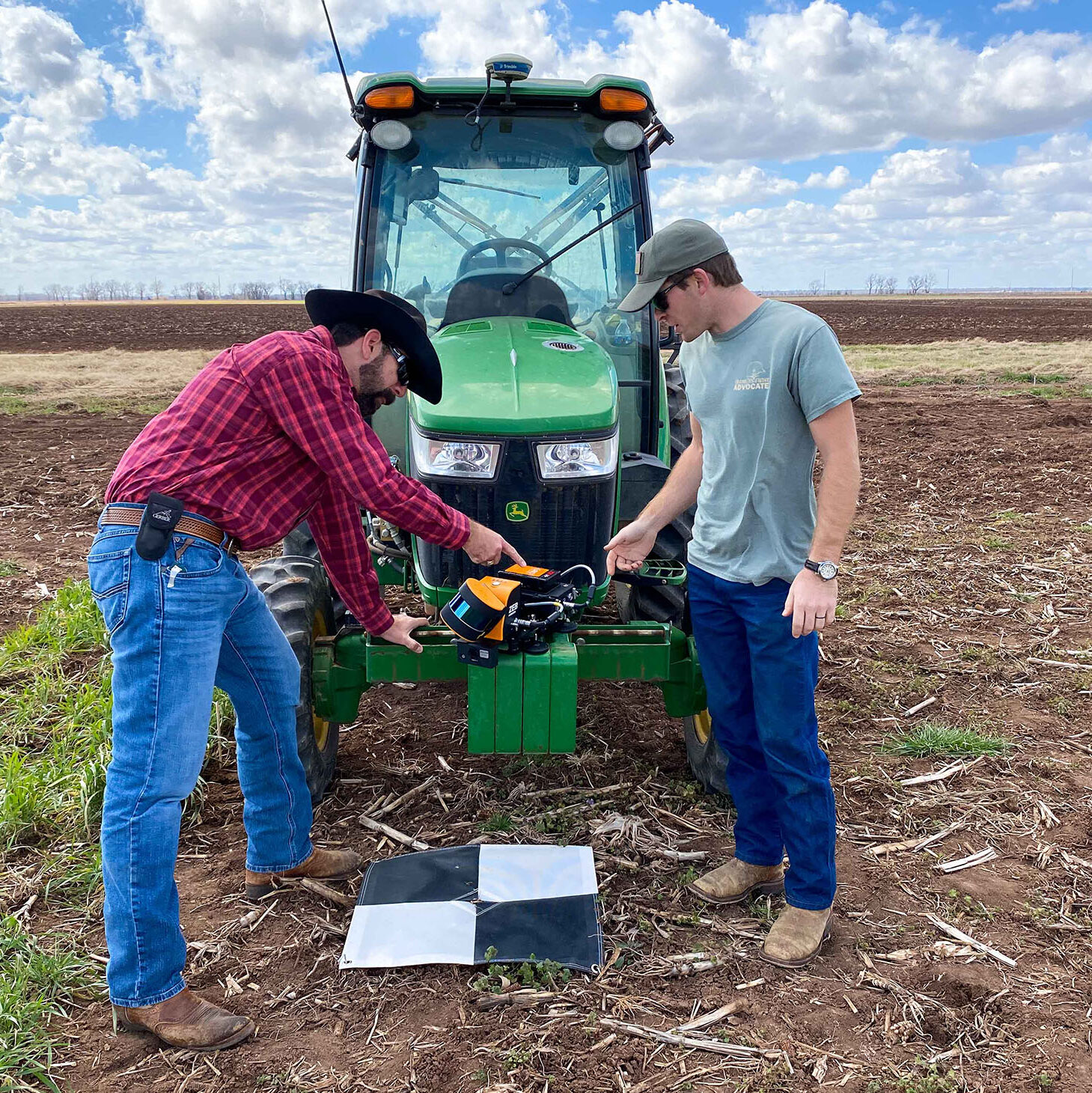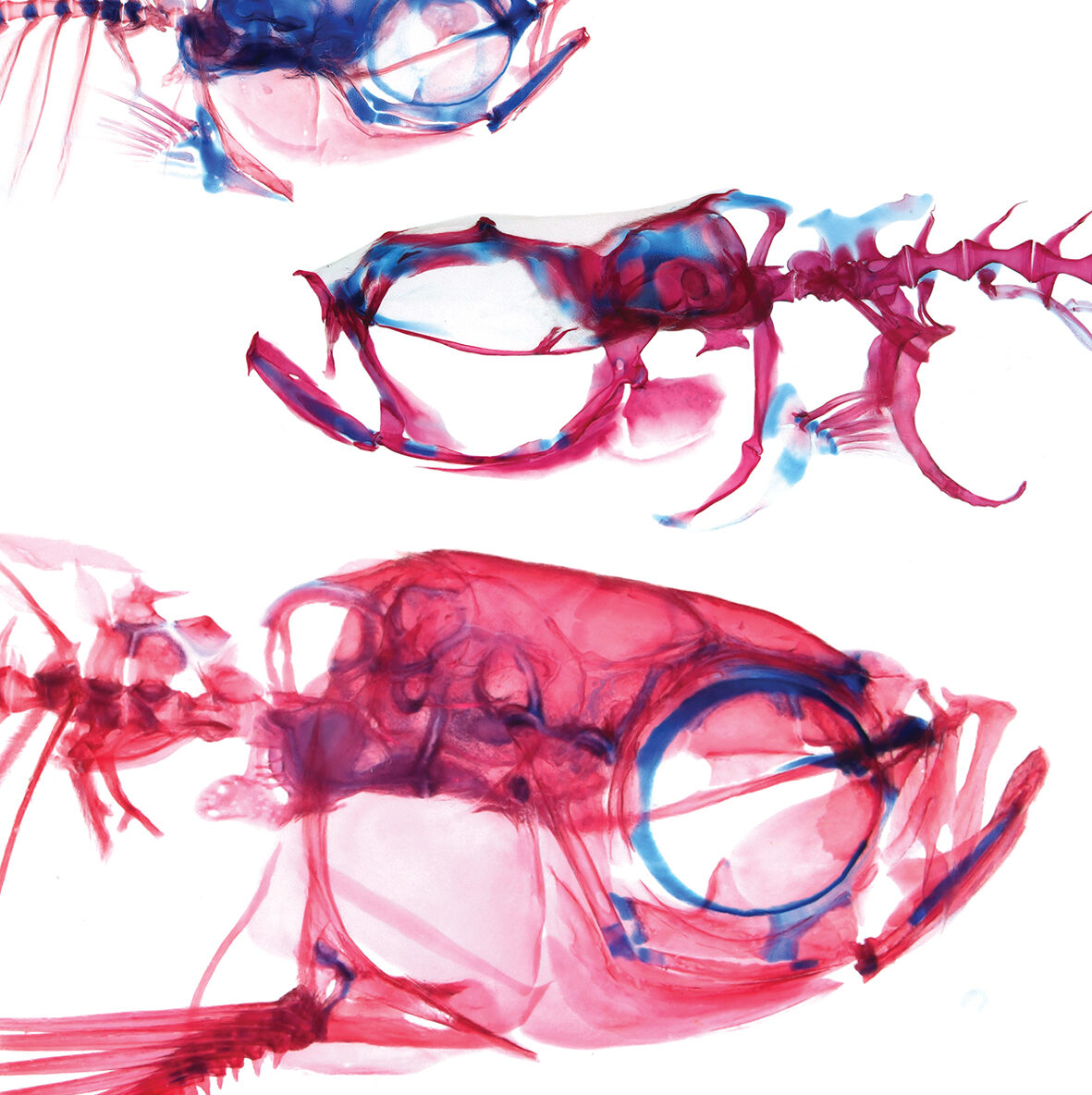


Research Compliance and Biosafety
The Division of Research is committed to promoting and ensuring the highest standards of research integrity in proposing, conducting, and reporting research. Through its various programs, the Division provides information and guidance in areas such as biosafety, animal use and care, human research protection, and biosafety occupational health.
Working with Biohazards
The Texas A&M University Institutional Biosafety Committee (IBC) must approve, prior to initiation, research that involves any of the agents/materials listed below.
Pathogens and potential pathogens of humans, animals, or plants; Materials potentially containing human pathogens (including human blood, tissue, and cell lines; non-human primate blood, tissue, and cell lines); Recombinant DNA (and RNA), including creation or use of transgenic plants and animals;
Select agents and toxins (selectagents.gov) including strains and amounts exempted from the select agent regulations;
Any material requiring a CDC import license or a USDA permit.
The IBC reports to the University’s Institutional Official (Vice President for Research) and serves Texas A&M researchers, staff, and educators, as well as additional researchers, staff, and educators from The Texas A&M University System members based on signed Memorandums of Understanding (MOUs). The Biosafety Program supports the IBC. For any questions about IBC services for your research or teaching, contact your research administrator.
Inspections for the IBC are conducted by the biological safety officers in the Biosafety Program. The Biosafety Program provides additional information and resources to help investigators with research involving biohazards:
- Approval Process
- Resources
- Forms
More information is available at TAMU Research Compliance and Biosafety.
Environmental Health and Safety
The EHS team of safety, health, and environmental professionals is focused on helping Texas A&M University to fulfill its mission of “providing the highest quality undergraduate and graduate programs” and “developing new understandings through research and creativity.”
Environmental Health and Safety supports and enriches Texas A&M University by providing quality programs and services that instill safety, health, and environmental stewardship.
AgriLife Safety Program
The Texas A&M AgriLife Research and the Texas A&M AgriLife Extension Service work together with Environmental Health and Safety to provide agricultural safety to Texas A&M University and all Texas A&M AgriLife Research and Extension Centers across the state of Texas. Quality safety programs and training help reduce injuries while services such as internal management reviews help protect personnel and the environment.